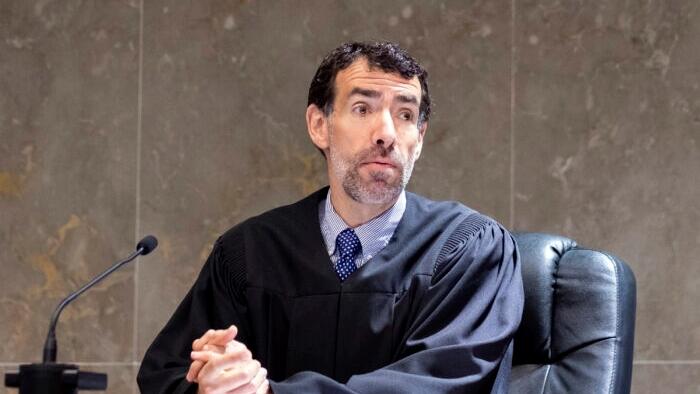In a significant ruling, Fulton County Superior Judge Robert McBurney stated that county election officials in Georgia must adhere to the statutory deadline for certifying election results, despite any irregularities or potential fraud allegations. Under Georgia law, election superintendents are required to certify results by 5 p.m. on the Monday following an election, or on Tuesday if that Monday is a federal holiday. Judge McBurney emphasized in his opinion that “No election superintendent (or member of a board of elections and registration) may refuse to certify or abstain from certifying election results under any circumstance.” He underscored that any necessary information from the elections board should be provided promptly but insisted that delays in obtaining such information could not justify a refusal to certify results.
The ruling arose from a lawsuit by Julie Adams, a Republican member of the Fulton County Board of Elections and Registrations. She claimed that the county’s election director had denied her repeated requests for access to election results and processes, thereby hindering her ability to perform her duties. Adams expressed concerns in her attorneys’ initial complaint, asserting that her oath required her to ensure the integrity of the election process. Due to her inability to observe the election practices firsthand, she voted against certifying the results of the presidential preference primary in March, prompting her legal action to clarify the role of the election director and her rights.
Judge McBurney’s ruling characterized election certification as a “purely ministerial task,” devoid of any discretion that would allow an election superintendent to exclude certain votes or enact subjective judgments regarding the counts. He reiterated that allowing superintendents to act as investigators or judges could effectively disenfranchise voters, an outcome that contradicts both constitutional protections and state electoral statutes. The judge’s strong language reflected a commitment to uphold voter rights, highlighting that the integrity of the electoral process must remain intact despite any allegations or inquiries into potential fraud.
Additionally, the ruling coincided with the commencement of early voting in Georgia, a period during which voters could cast their ballots in person through November 1. This timing added urgency to the matter, ensuring that the election process would proceed smoothly and efficiently, as mandated by law. By establishing clear expectations surrounding the certification process, McBurney aimed to eliminate confusion and reinforce the notion that electoral integrity is paramount, even amidst controversies or inquiries about election misconduct.
Moreover, McBurney’s decision is indicative of a broader judicial stance on oversight and the non-discretionary nature of electoral processes. His ruling serves not only to clarify the responsibilities of election officials but also acts as an important precedent for future claims regarding election integrity and processes. It emphasizes a judicial philosophy that resists allowing personal judgment or inquiry to obstruct the formal certification of election outcomes, thus safeguarding the democratic process.
As anti-fraud measures and scrutiny of election practices continue to resonate in the political landscape, the implications of McBurney’s ruling will carry significant weight. This decision aims to bolster public confidence in the electoral system, affirming that Georgia’s laws require efficiency and clarity in certification procedures while protecting voter rights. By rejecting any assertion that irregularities could delay certification, the judge has articulated a clear directive that secures the integrity of elections, reinforcing the idea that all votes must be counted as part of a collective democratic engagement.

